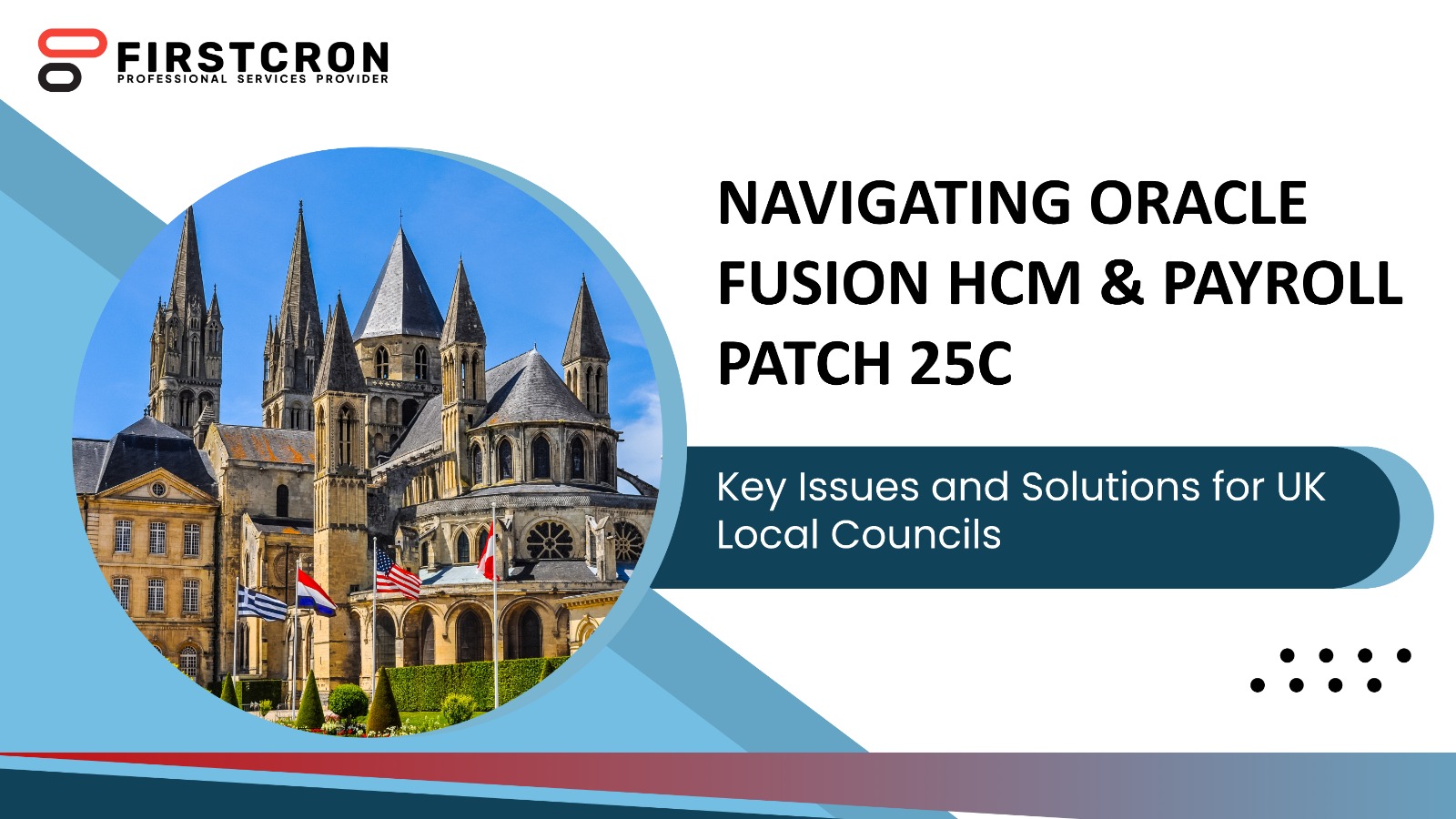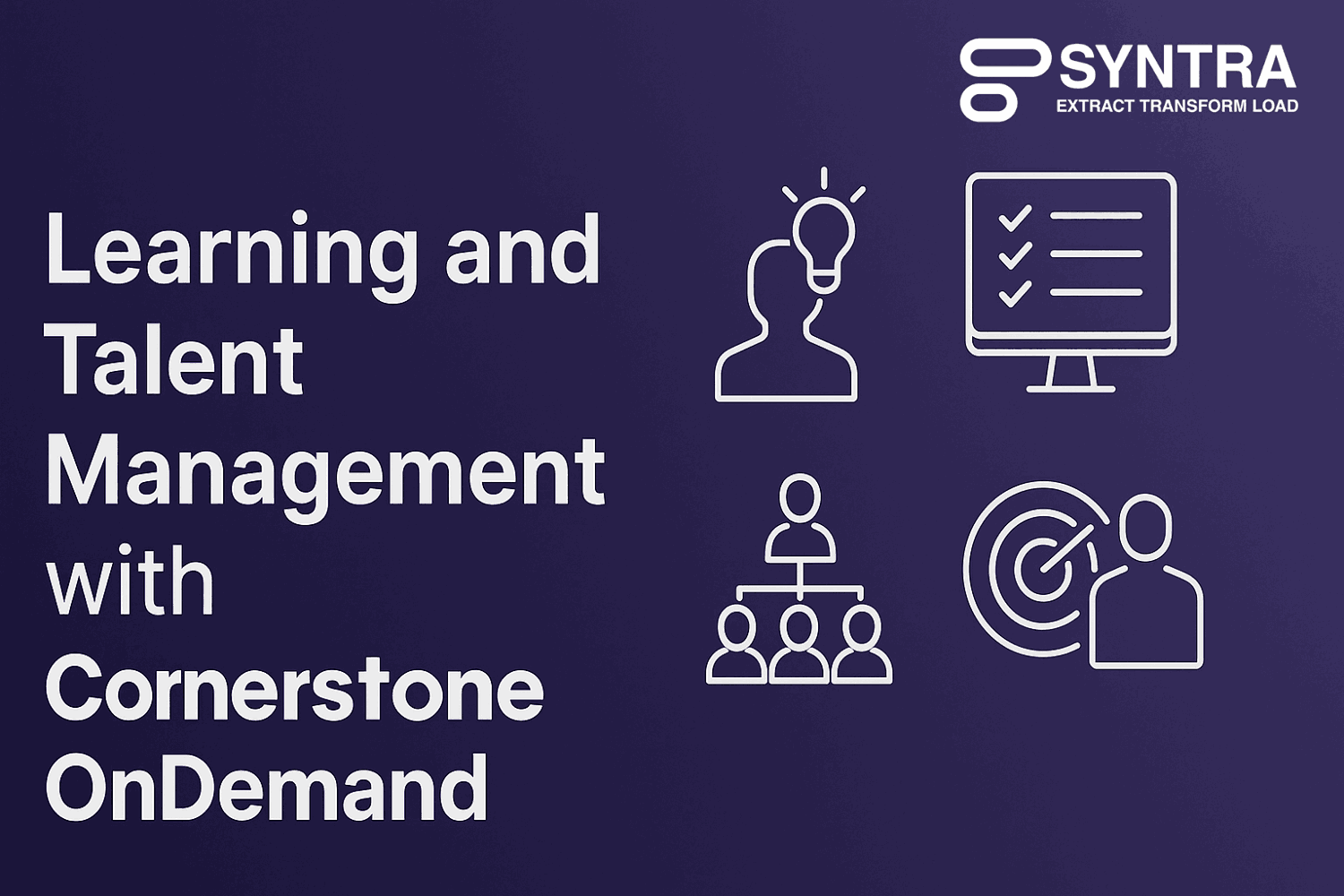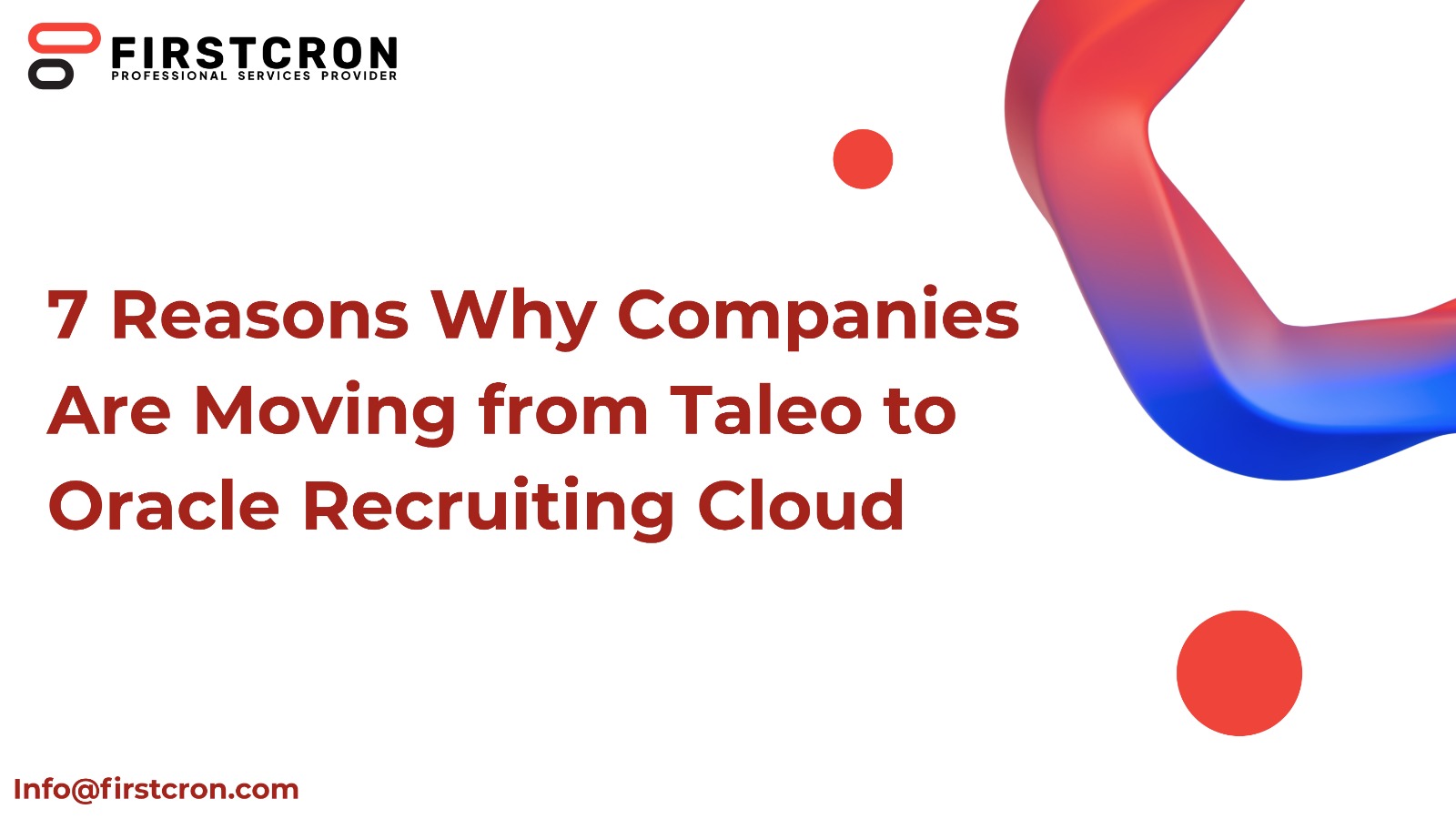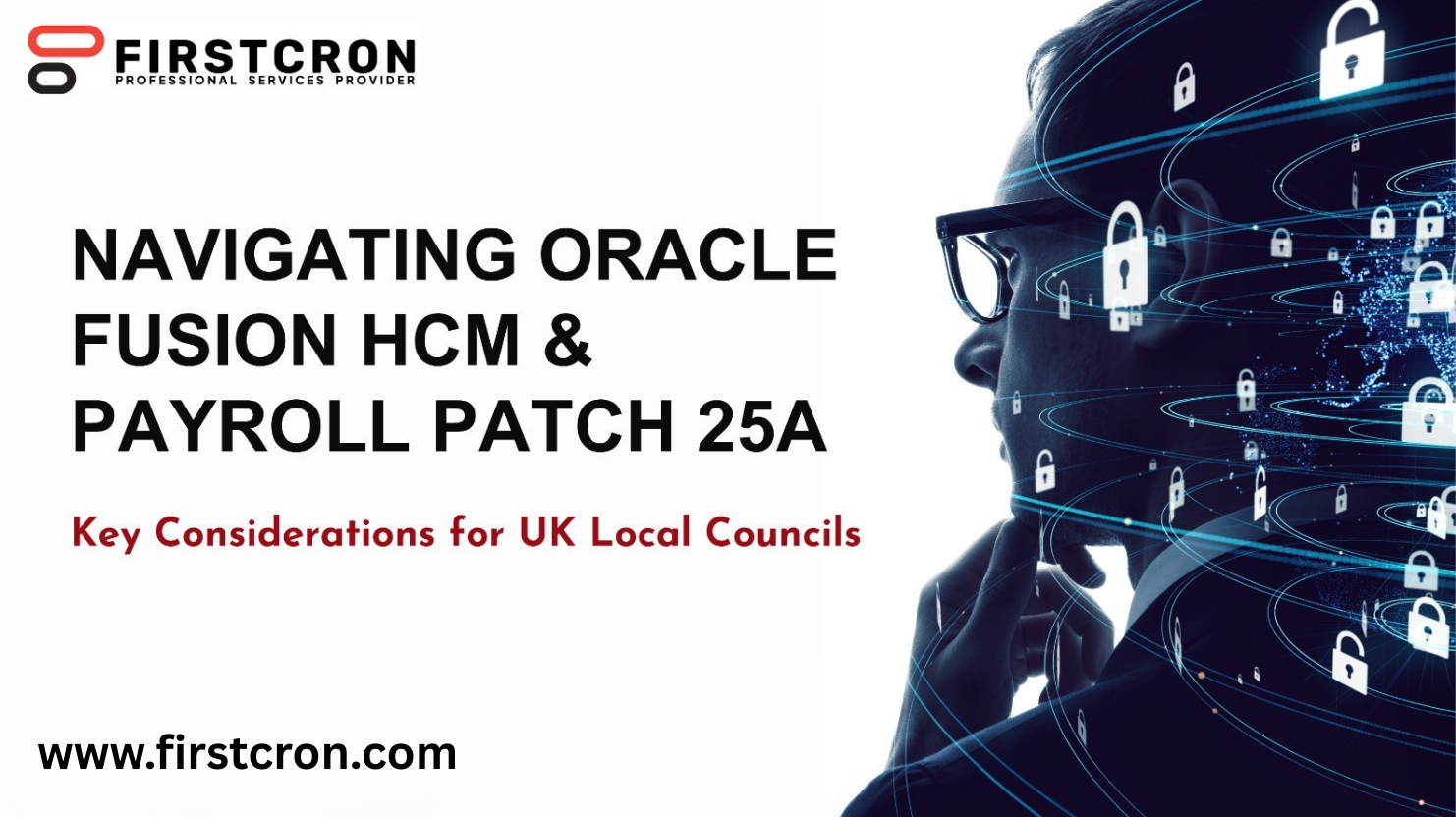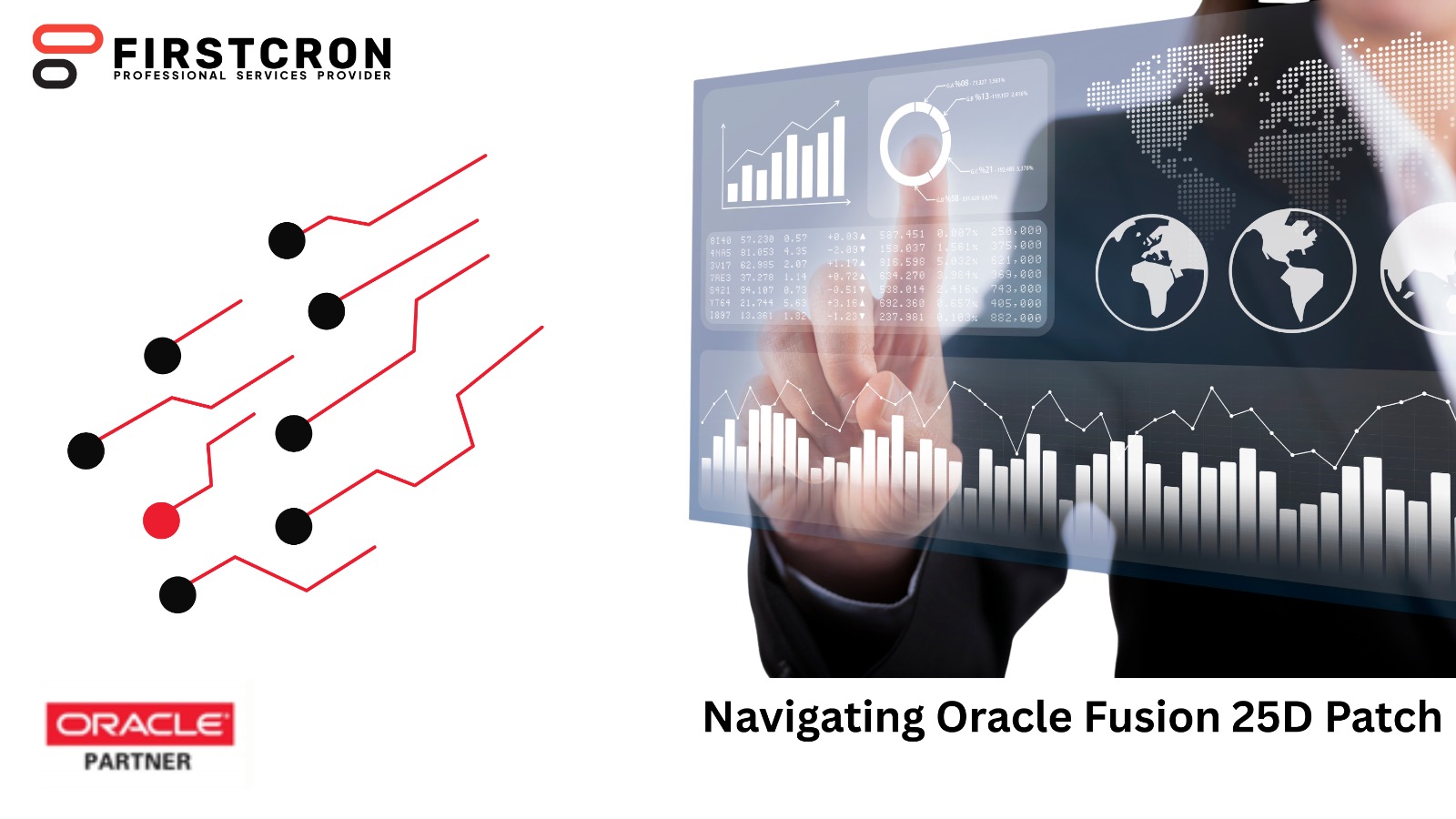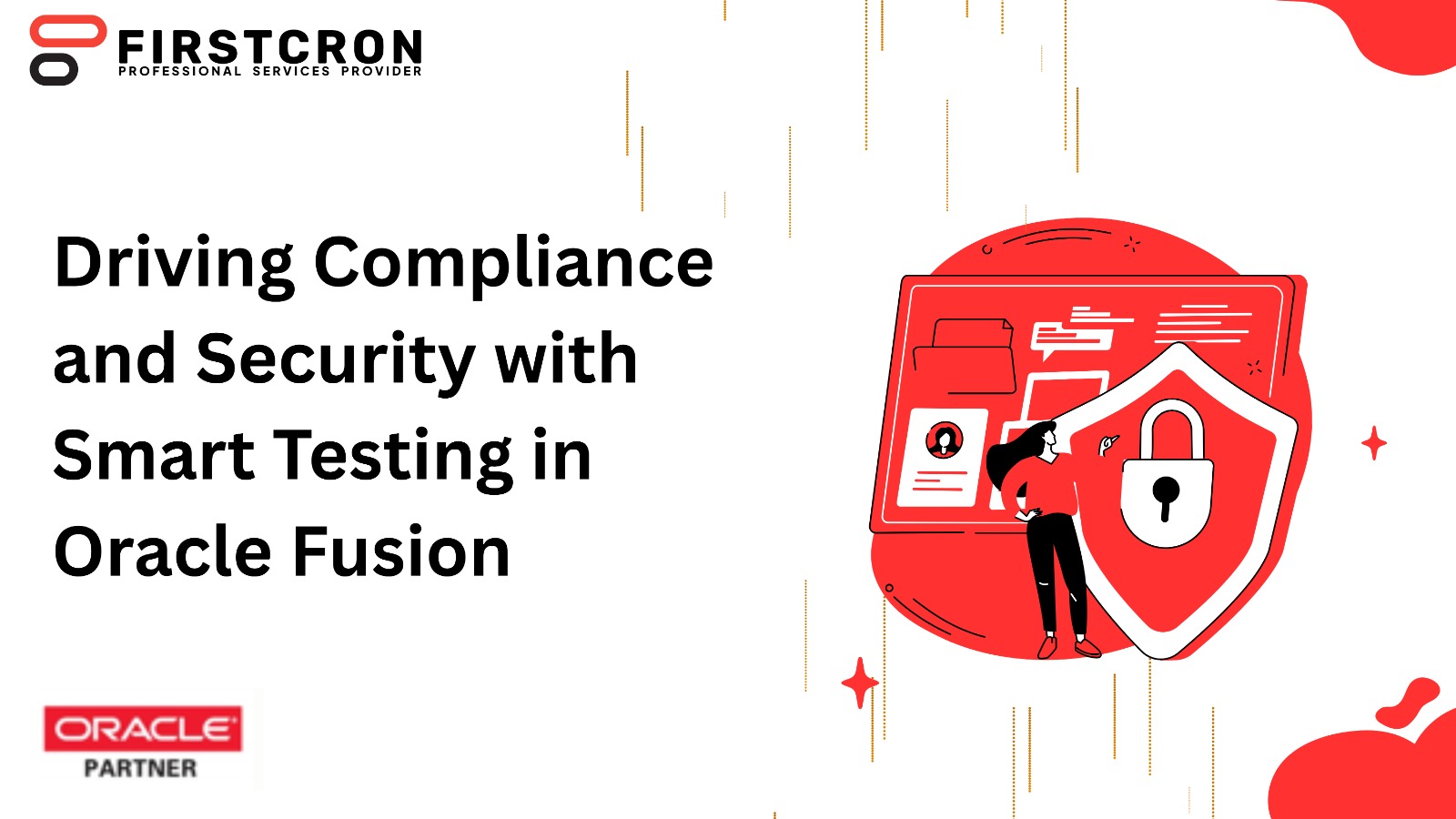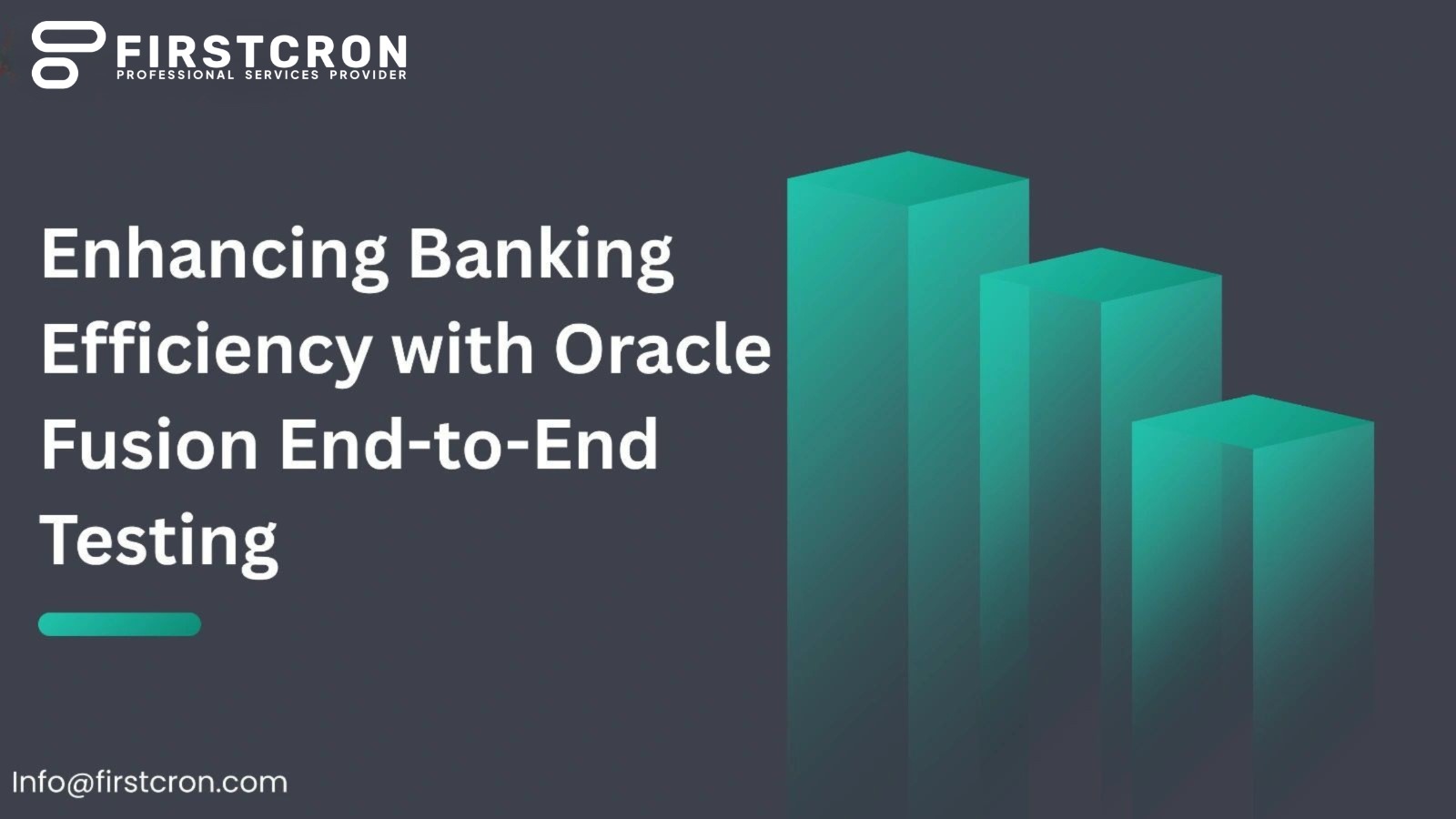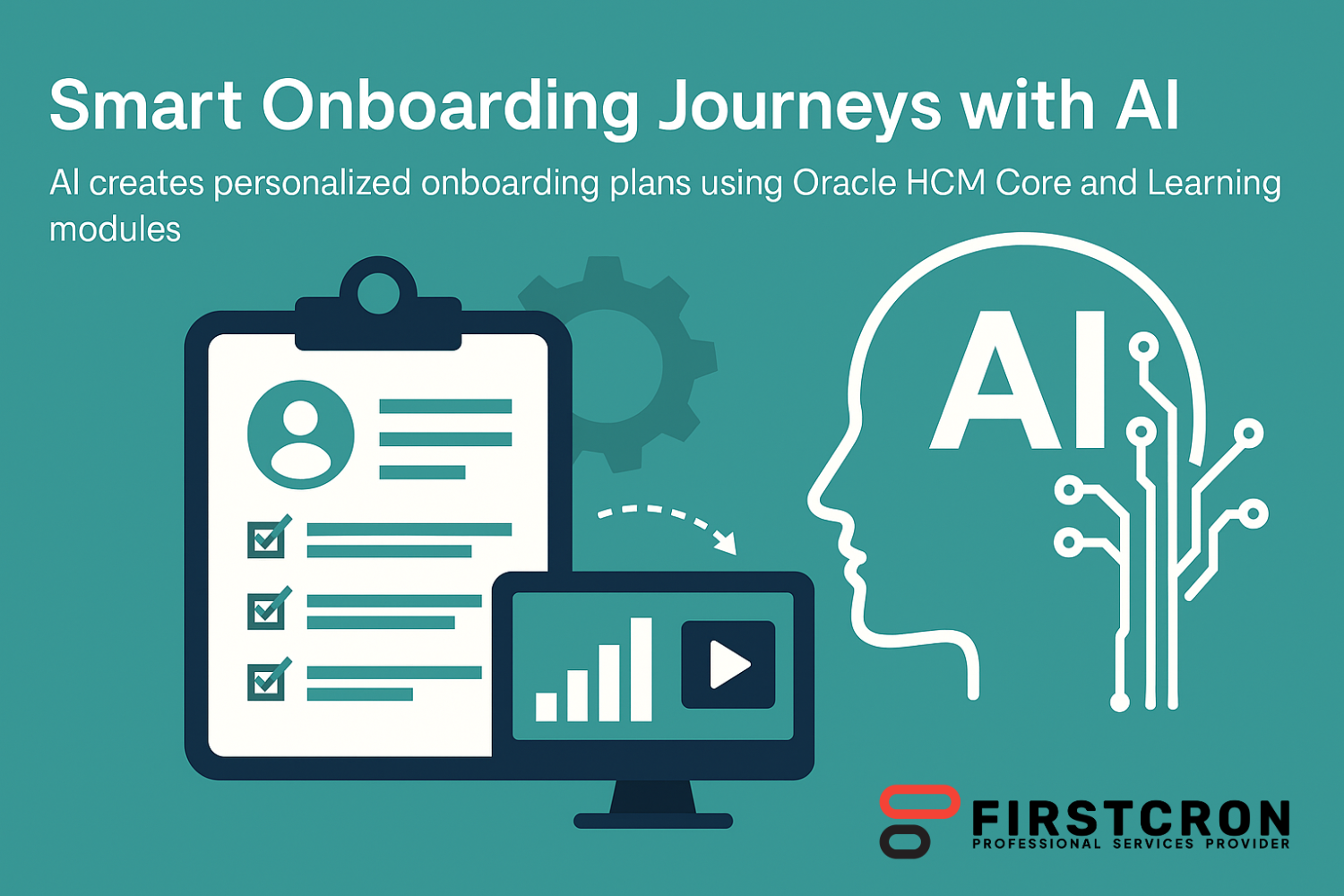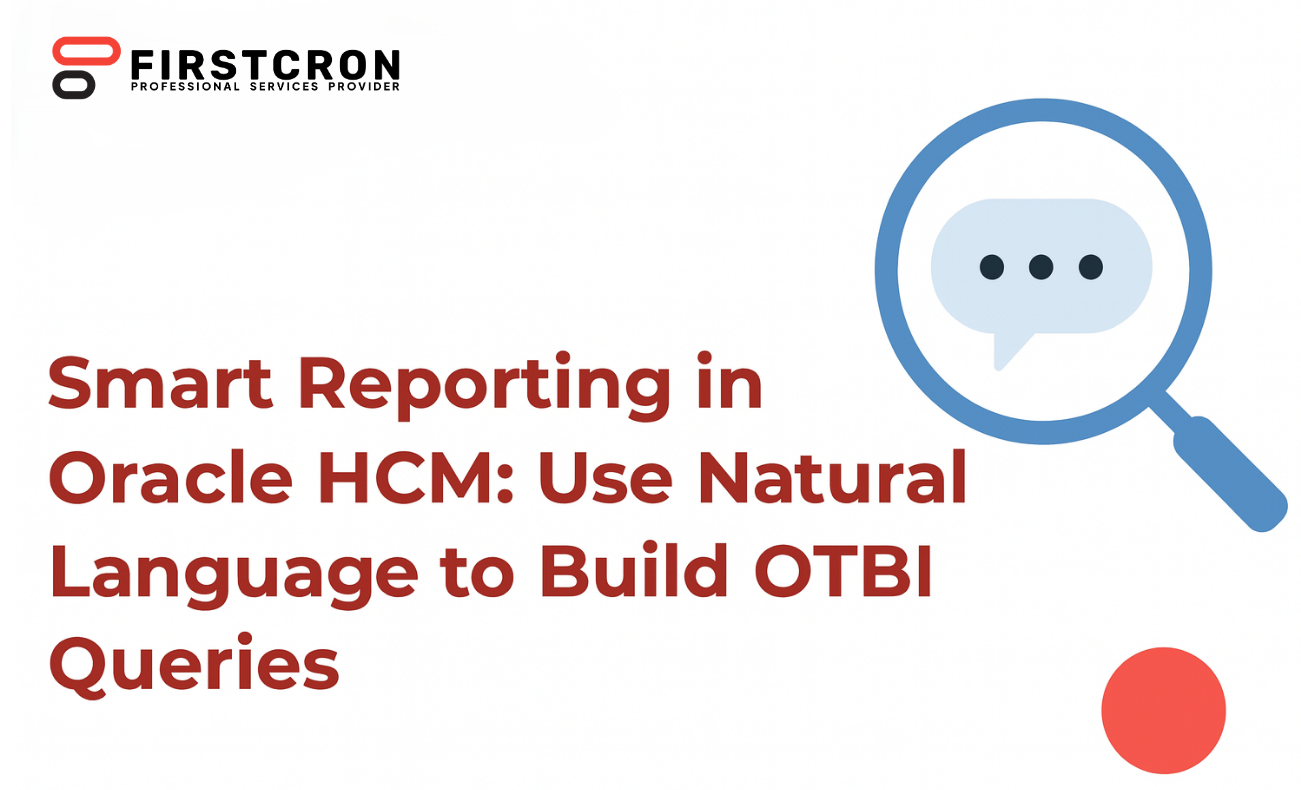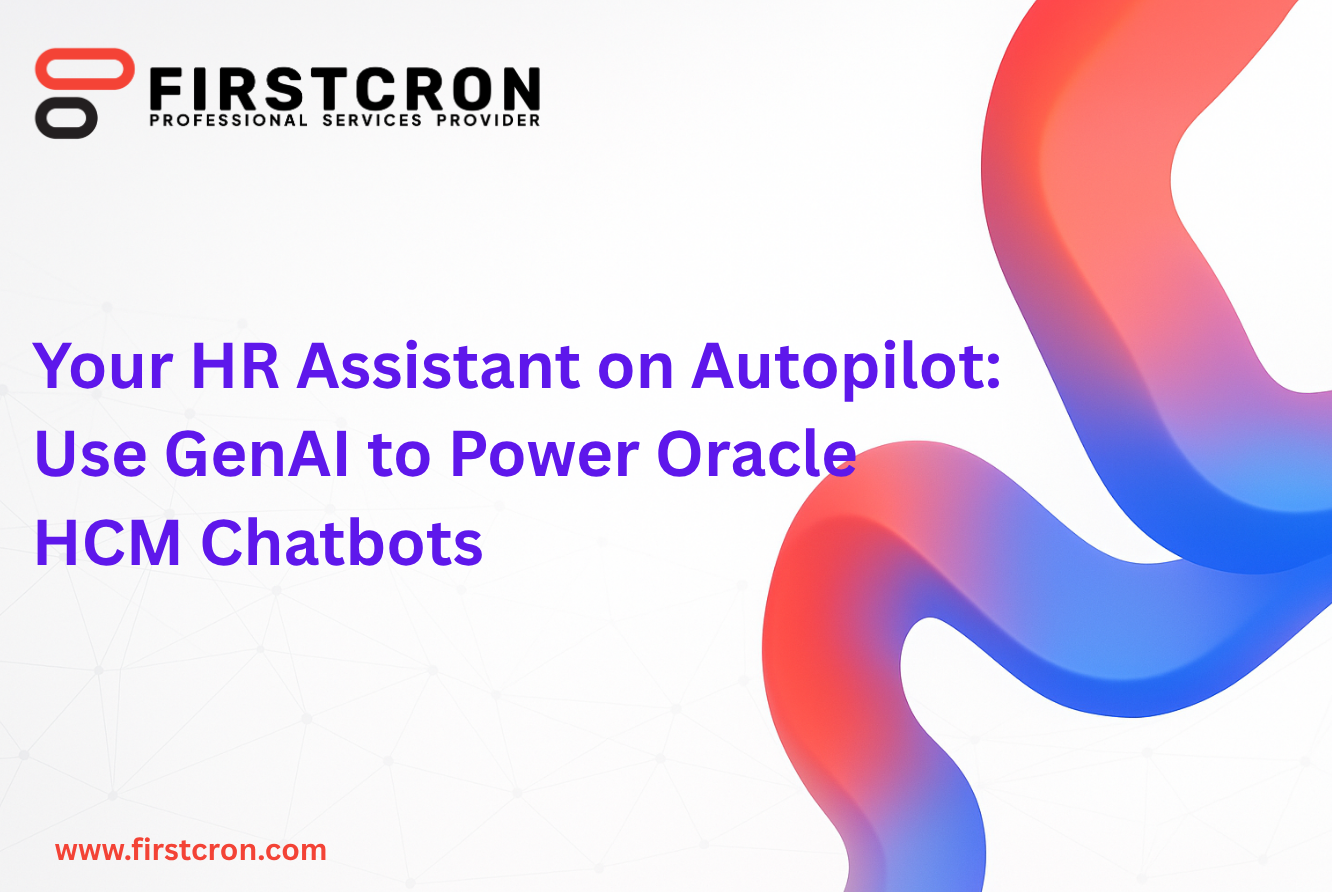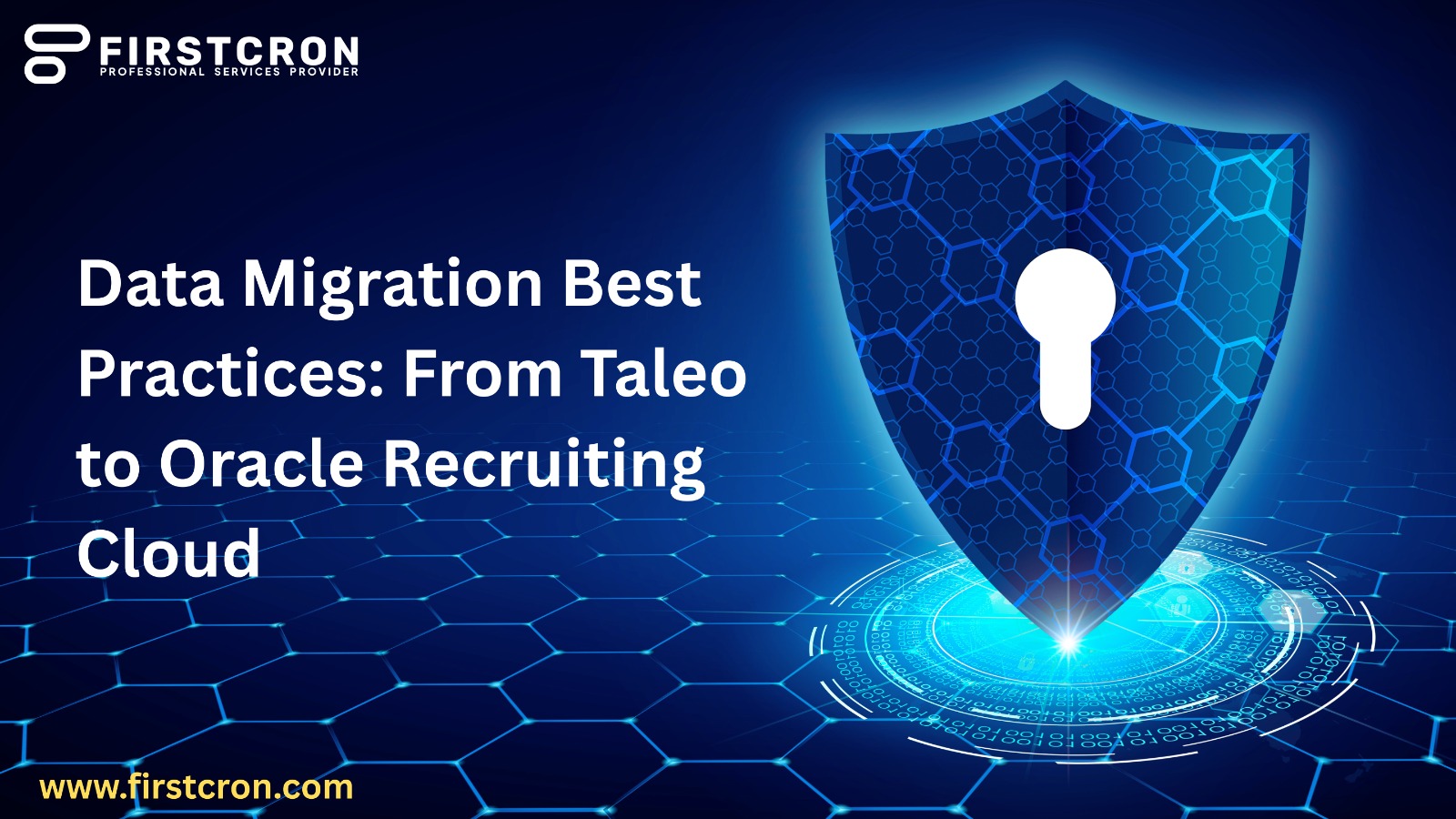
Data migration can be a daunting project, especially when moving from one robust system to another. For organizations shifting from Taleo to Oracle Recruiting Cloud (ORC), understanding best practices ensures a seamless transition, minimizes risk, and leverages new capabilities that ORC offers.
In this blog we’ll cover
A Quick Glance: Taleo Vs. ORC
When Oracle introduced Oracle Recruiting Cloud (ORC) in 2018, it was a promising update to their recruitment stack. Unlike Taleo, which had been around for years, ORC started as a barebones Applicant Tracking System (ATS). Fast forward to today, thanks to quarterly updates and continuous innovation—ORC has evolved into a fully robust, extremely flexible, end-to-end recruiting solution.
Key Similarities?
- Platform: Enterprise system, multiple career sites, OTBI reporting, multiple languages supported, mobile-friendly.
- User Experience: Career section branding, prescreening questions, interview scheduling, email/SMS communications, candidate matching, approvals & notifications.
- Configuration: User-defined fields, job application flows, requisition templates, pipeline requisition, job offer templates.
Here’s A Quick Comparison To Highlight Why ORC Stands Out As The Better Choice.
| Feature | Taleo | ORC |
|---|---|---|
| Integration | Separate from core HR systems; integrations can be complex. | Seamlessly integrated with Oracle HCM Cloud (single platform). |
| User Experience | Older interface; less intuitive for candidates and recruiters. | Modern, intuitive interface designed for ease of use. |
| AI & Automation | Limited AI; manual processes often required. | Advanced AI for candidate matching, job recommendations, and automation of repetitive tasks. |
| Candidate Experience | Basic application process; less engaging. | Enhanced candidate experience with better branding, mobile-friendly applications, and chatbots. |
| Recruiter Tools | Basic tools; customization can be cumbersome. | Robust tools for talent pools, campaigns, and recruiter dashboards. |
| Analytics & Reporting | Reporting is less integrated and can be limited. | Real-time analytics and integrated dashboards for better decision-making. |
| Scalability & Flexibility | Harder to adapt to changing business needs. | More flexible to support dynamic workforce needs and global hiring. |
| Innovation | Limited roadmap for new features. | Part of Oracle Cloud, benefiting from continuous innovation and updates. |
| Overall Efficiency | Slower to process requisitions and manage candidates. | Streamlined workflows and faster processing with an integrated system. |
Why Move To ORC?
- Recruiting Activity Center
A one-stop hub for recruiters and hiring managers to manage job applicants, requisitions, and offers. - Opportunity Marketplace
ORC empowers internal mobility by showing available jobs to internal and external candidates, ensuring your organization gets the most from its talent pool. - Oracle Recruiting Booster
This is really mind blowing- Auto-provisions a resume parsing vendor
- Facilitates hiring events (post events on career sites, invite candidates, and self-registration)
- Centralizes candidate and interview information
- Adaptive IntelligenceORC uses natural language processing and mathematical algorithms, it tailors search and recommendation results for better matches.Recruiting
- Jobs to Applicant
- Candidates to Job
- Candidates to Candidates
Learning- Courses to Employee
- Courses to Skill Enhancement
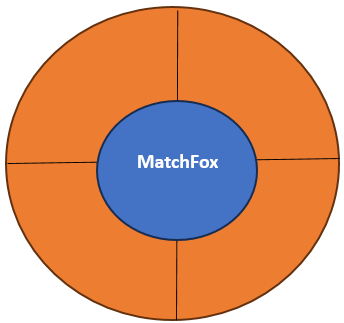 Talent Management
Talent Management- Jobs to Employee Career Paths
- Jobs for Employee Succession
- Employee Models for Career Growth
Onboarding- Resources to Employee
- Benefit Plan to Employee
- Oracle Digital Assistant
ORC uses an AI-powered interface that handles tasks like requisition creation and automates candidate interactions, boosting engagement and efficiency.
Benefits Of ORC
- Improved Candidate-to-Hire Process by streamlining workflows to reduce bottlenecks and speed up time-to-hire.
- Whether you’re an HR admin, hiring manager, or candidate, the interface feels familiar and intuitive.
- ORC integrates seamlessly with other Oracle Cloud modules for a truly connected experience.
- Simplified processes, automation, and cloud efficiencies all contribute to lower operational costs.
How Can Firstcron Assist?
Summary
Tags
Related Post
Navigating Oracle Fusion HCM & Payroll Patch 25C: Key Issues And Solutions For UK Local Councils
July 26th, 2025 10 min read
Learning And Talent Management With Cornerstone OnDemand
October 10th, 2025 17 min read
7 Proven Oracle Fusion Testing Principles To Guarantee Defect-Free Cloud Deployments
May 16th, 2025 15 min read
7 Reasons Why Companies Are Moving From Taleo To Oracle Recruiting Cloud
June 2nd, 2025 14 min read
Navigating Oracle Fusion HCM & Payroll Patch 25A: Key Considerations For UK Local Councils
July 27th, 2025 10 min read
WEEKEND READS
Navigating Oracle Fusion HCM & Payroll Patch 25C: Key Issues And Solutions For UK Local Councils
July 26th, 2025 10 min read
7 Proven Oracle Fusion Testing Principles To Guarantee Defect-Free Cloud Deployments
May 16th, 2025 15 min read
7 Reasons Why Companies Are Moving From Taleo To Oracle Recruiting Cloud
June 2nd, 2025 14 min read
Navigating Oracle Fusion HCM & Payroll Patch 25A: Key Considerations For UK Local Councils
July 27th, 2025 10 min read
Driving Compliance And Security With Smart Testing In Oracle Fusion
June 5th, 2025 9 min read
How End-to-End Testing Of Oracle Fusion Enhances Operational Efficiency In Banking
May 23rd, 2025 11 min read
Smart Onboarding Journeys With AI: Personalized Employee Integration Through Oracle HCM Core And Learning
September 13th, 2025 21 min read
Smart Reporting In Oracle HCM: Use Natural Language To Build OTBI Queries
August 17th, 2025 20 min read
Your HR Assistant On Autopilot: Use GenAI To Power Oracle HCM Chatbots.
August 22nd, 2025 15 min read






